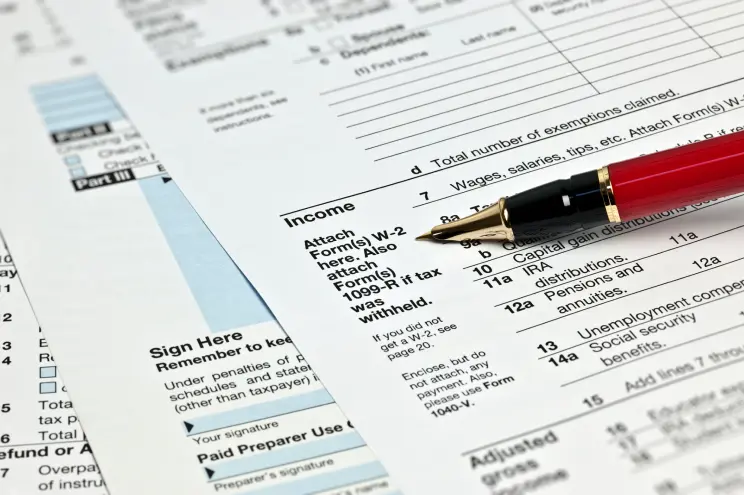The IRS will refund $1.2 billion in penalties to 1.6 million individual and business taxpayers who were fined for not filing tax or information returns during the pandemic.

The IRS will refund $1.2 billion in penalties to 1.6 million individual and business taxpayers who were fined for not filing tax or information returns during the pandemic.
IRS Will Refund $1.2B To Late Filers Penalties
The Internal Revenue Service (IRS) declared on August 24 that the agency will waive penalties for American taxpayers who missed the deadline to file their 2019 and 2020 tax returns promptly during the COVID-19 pandemic.
According to the IRS, nearly 1.6 million filers including individuals and businesses, will automatically receive more than $1.2 billion in penalty refunds or credits, with many payments expected to come by the end of September. The average refund amount to receive is worth $750 per taxpayer. IRS’s penalty relief is automatic for people or businesses who qualify, meaning taxpayers won’t have to apply for it. For those who haven’t yet paid fines, the penalties will subside.
Furthermore, the agency extended the tax filing deadline for 2020 and 2021 to give taxpaying individuals and businesses more time to pay what they owed amid the COVID-19 outbreak. The decision comes as the agency faces ongoing criticism for a backlog of unprocessed tax returns, and taxpayer correspondence prompted by the pandemic. According to the notice the IRS said the move will help them to focus resources on addressing those backlogs and return to normal operations for the 2023 filing season.
Here’s How To Qualify
To qualify for the refunds taxpayers must file by September 30 this year, any returns that are still originally due in 2020 and 2021. Additionally, this includes individuals, corporations, estates and trusts, and more, according to an IRS notice.
Moreover, both of these deadlines fell on a weekend, a 2019 return will still be considered under the relief program if it was filed by August 3, 2020, and a 2020 return will be considered if it was filed by August 2, 2021.
READ ALSO:
Quiet Hiring Trend For A Future Promotion – Here’s How To Use It To Your Advantage
Is Salary Continuance An Earned Income? – Here’s What You Need To Know




















